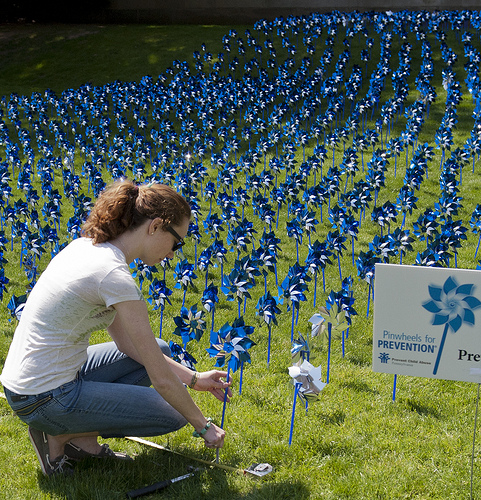By Serena Thompson
Nerves overcome her every time she sees it. It’s like she completely loses control over her circumstance. Johanni Kimmins suffers from a fear like many people do. She has a fear of drowning. At least 8 percent of people in the United States alone suffer from a fear.
“I have a fear of drowning because it’s very common and it can happen to me. I feel trapped my heart races. I feel lost every time I get near the water. I get scared that I may drown,” Kimmins said.
According to Kids Health, phobias are a result of a strong fear of objects, situations and animals. Phobias are classified as a kind of mental illness, more specifically anxiety disorders. Most phobias develop from environment, brain structure and genetics.
“We know to a certain degree that some mental health illnesses are related to chemical imbalances in the brain,” Dr. Mark Johnson said. “We also know that mental health illnesses run it families, so there can be a genetic component. The second potential cause is environmental. People who have seen bad things can have a response to that.”
When it comes to Kimmins, her phobia was developed when she was fairly young. According to Harvard Medical School phobias can develop in children between the ages of five to nine, and they last for a shorter amount of time. Other phobias can develop later on in adulthood. These phobias can last several years.
“I’ve always had a fear not just one particular one. It’s something that I’ve always had even when I was a kid,” Kimmins said.
According to Mental Health America there are three types of phobias Specific, Social and Agoraphobia. Specific phobias are fears of certain things, for example spiders. Social phobias are fear of social interactions. Agoraphobia is the fear of something that might cause panic. Having a fear could lead to severe stress and panic attacks.
“It could be a variety of things that you find threatening,” psychologist Shane Perrault said of phobias. “It’s really about losing control. Then you can get to a panic attack, because your anxious about what’s triggering you,” .
Fortunately for people with phobias treatment is available. One suggestion is medication or therapy, but according to doctors, the best way to overcome a phobia is exposure.
“It’s called exposure response prevention. A lot of times were stressed about a phobia because we don’t confront it. Over time you come to experience it as less stressful. Overtime your anxiety comes down. By not getting exposed and confronting your fear you don’t get the reality of what is that fear,” Perrault said
Kimmins tries to overcome her fear every time she’s faced with it. She knows it’s not easy,but has made an effort to start.
“When I go in pools I always make sure I can stand in it. Eventually I try to go deeper in the water until I feel comfortable. I know this process isn’t going to be easy, but this is definitely a start for me,” Kimmins said.
